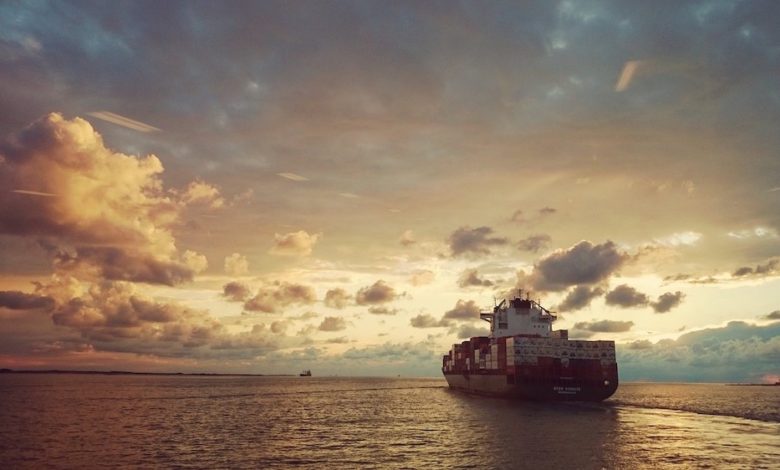UMAS report details green priorities for shipping this decade

UMAS, a commercial advisory service affiliated with the UCL Energy Institute at University College London, has issued a report looking at the ways in which a 1.5ºC-aligned pathway could be achieved, providing some scenarios for the respective role of fuel substitution and energy efficiency in meeting 2030 reduction targets.
The International Maritime Organization’s greenhouse gas debates have centred on the fuel transition, which is key for the ultimate transition to zero emissions, but absolute emission reductions required this decade can mostly be unlocked with efficiency, the new report suggests.
The Science Based Targets Initiative announced maritime guidance in November 2022 to guide stakeholders in the shipping industry to align their commitments to an IPCC-derived 1.5ºC pathway. The magnitudes of GHG reduction, 37% in 2030 and 96% in 2040 on a 2008 baseline, have also been championed by a number of developed and developing country governments as the targets that IMO should use in its revised GHG reduction strategy – due for adoption at MEPC 80 in July this year.
The UMAS report shows that irrespective of how new fuels enter the global fleet, the nearer term 2030 target predominantly needs a further step change in energy efficiency in the global fleet by 2030, approximately 40% improvement in efficiency compared to 2018, or 55-60% greater efficiency than the fleet’s average efficiency in 2008. These are similar to the approximately 32% efficiency increase seen between 2008-2018 but are significantly higher than the target set in the IMO’s initial strategy.
Jean-Marc Bonello, principal consultant at UMAS said significant gains in energy efficiency through technologies, including wind assist, and operational measures are needed this decade.
“There are well known options, that will not see significant uptake without much stronger regulatory and voluntary focus and attention,” Bonello said.
In terms of the changing fuel mix, UMAS is championing the build-up of hydrogen-derived fuels’ supply chain development this decade. This is not because these fuels such as ammonia will have a significant impact on GHG emissions in 2030, but because without action in the 2020s, the scale-up will not enable the deeper GHG reductions required by 2040. In parallel, action and policy is also needed to ensure the efficiency opportunities are exploited across the global fleet.
Tristan Smith from UMAS said: “International shipping is currently on track for a complacent 2020s, followed by a highly disruptive 2030s caused by a turbulent, expensive and late fuel transition. The greater the efficiency gains in the 2020s, the lower the investment needs and costs associated with fuel transition, and the longer the time available for fuel transition. At present the 2030 ambition/target and by association the efficiency opportunity, are not getting the attention they deserve, at the expense of the industry and those it serves.”
According to UMAS, the IMO has a key role to play in enabling the global fleet’s efficiency improvement – first by adopting an increased 2030 ambition in July this year, and then through a revision of short-term measures – CII and EEXI – to ensure regulation incentivises the increased ambition. The short-term measures are currently scheduled for revision in 2026, but unless IMO adopts a 1.5ºC-aligned 2030 ambition in July 2023, that revision process will be unlikely to result in 1.5 ºC -aligned policy, according to calculations by UMAS.
Complimenting the IMO process, the study identifies that countries and regions can unilaterally incentivise efficiency improvements by encouraging ships with the highest CII ratings to use their ports. Concurrently, industry-led voluntary initiatives can work to set clear frameworks for transparent target-setting and reporting between different stakeholders and to the market. These initiatives, UMAS researchers wrote, can remove the well-known “perverse” incentive structures that currently inhibit greater technological and operational energy efficiency.
